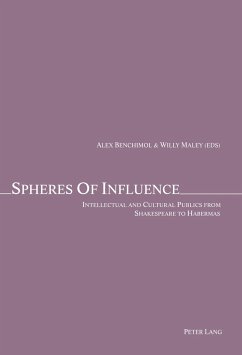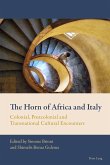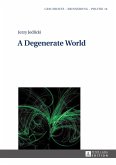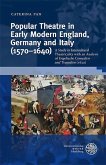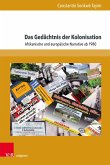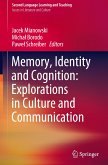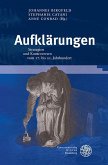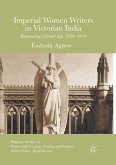This book explores the ways in which intellectual and cultural publics from the early modern period to the postmodern present have actively constructed their cultural identities within the social processes of modernity. It brings together some of the most compelling recent writing on the public sphere by scholars in the fields of literary history, cultural studies and social theory from both sides of the Atlantic. Taken together, the essays in this collection offer a major re-examination of recent scholarship on the theory of the public sphere as developed by Jürgen Habermas. They also stand as a collective effort both to interrogate and to extend this influential model by exploring modern forms of intellectual and cultural activity in all their rich diversity and ideological complexity. Contributions range from the divided inheritance of Shakespeare publishing history to the new forms of mass-mediated cultural experience in contemporary Britain; from attempts at cultural regulation in the literary public sphere of the Romantic period to the postmodern political conflict played out in the American public sphere of the 1990s; and from varieties of religious dissent to modes of postcolonial criticism. The book furthers the dialogue between academic methodologies, fields and periods, and presents readers with a contested narrative of the key cultural and intellectual practices that have made up our modern world.
Bitte wählen Sie Ihr Anliegen aus.
Rechnungen
Retourenschein anfordern
Bestellstatus
Storno

